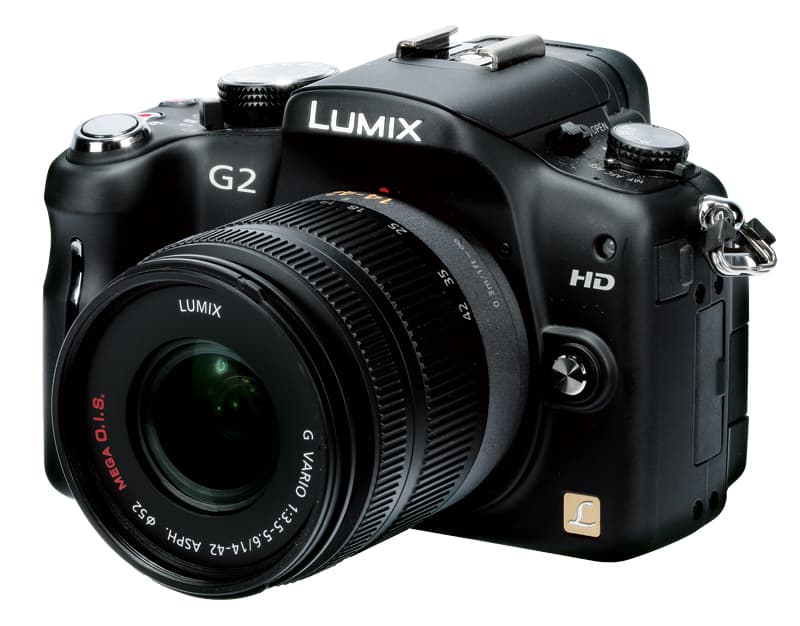That’s the stark message from Olympics chiefs who have today warned spectators not to bring ‘any’ cameras with detachable lenses into Wembley Stadium in case they breach rules by looking ‘professional’.
They fear that amateurs, who don’t hold media accreditation, will
grab unauthorised photos and video footage of the action and post it on
websites such as YouTube.
The move comes after Wembley said it will show the red card to any ‘professional-style cameras [any cameras with interchangeable lenses] or recording/transmitting devices’.
Olympics bosses admit there are no clear rules guiding Wembley security staff on the difference between professional and non-professional cameras, despite today’s growing number of consumer-level models with interchangeable lenses.
At first, Wembley said that only cameras with long zoom lenses were at risk, after Amateur Photographer (AP) pointed out that many non-professional cameras have detachable lenses (see picture, above).
London 2012 organisers have since told AP that it is better to be safe than sorry and to leave any camera with an interchangeable lens at home.
Wembley is the only Olympic venue not to adopt regulations laid down elsewhere by London 2012 organisers, according to Locog which has set a 30cm limit on spectators’ camera equipment at other sites.
‘If in doubt leave it out,’ said Locog’s spokesman for Wembley Keith Cooper, who cautioned that Olympics fans will have nowhere to leave their cameras at the gates if they fall foul of the rules.
AP is seeking comment on the matter from Panasonic, a key sponsor of London 2012, which launched the latest in its line of non-professional compact system cameras only yesterday.
Cooper explained that organisers decided not to draw up a list of which cameras it classes as ‘professional’, telling AP that subsequent checks would cause delays at the security points and that – in any case – he expects such rules to only affect hobbyists, who represent a ‘minority’ of the public.
‘It’s an inexact science,’ added Cooper who said he doesn’t predict an ‘epidemic of great proportions’ in relation to cameras.
‘The feeling is that the regulation has worked well in the past so why change it.’
Though Locog has now effectively moved into the stadium, checks on spectators will be conducted by security staff already used at Wembley, according to the Football Association (FA).
‘It will be the same security as that used at event and match days,’ said a spokesman for the FA who confirmed that Wembley will not be using G4S security staff like other Olympics sites.
Wembley’s own security staff will follow existing conditions of entry to the stadium, which mirror those laid down for the Olympics.
Though the FA spokesman conceded that many consumer-level cameras now feature interchangeable lenses, he told AP: ‘In over 100 events, we’ve never had an issue with people not being able to get a camera in.
‘I don’t envisage [the Olympics] to be any different.’
Cooper said that, in any event, it is too late to change the rules – adding that he has not experienced any problems in his 30 years of dealing with events management.
Speaking earlier, the FA spokesman told AP that he did not know what the procedure is if someone is stopped, repeating that it has never happened before.
‘The stadium has a pretty pragmatic approach and the security staff have vast experience at dealing with this. If it looks like [it has] a huge zoom lens then it probably won’t be allowed in.’
When asked whether Olympics organisers bowed to pressure from Wembley over the rules, a Locog spokesperson said: ‘It is part of discussions held with the venues themselves. It’s [about] coming to an agreement together.’
The first Olympics football matches at Wembley are due to kick off on 29 July, featuring a Group A clash between Great Britain and the United Arab Emirates.







